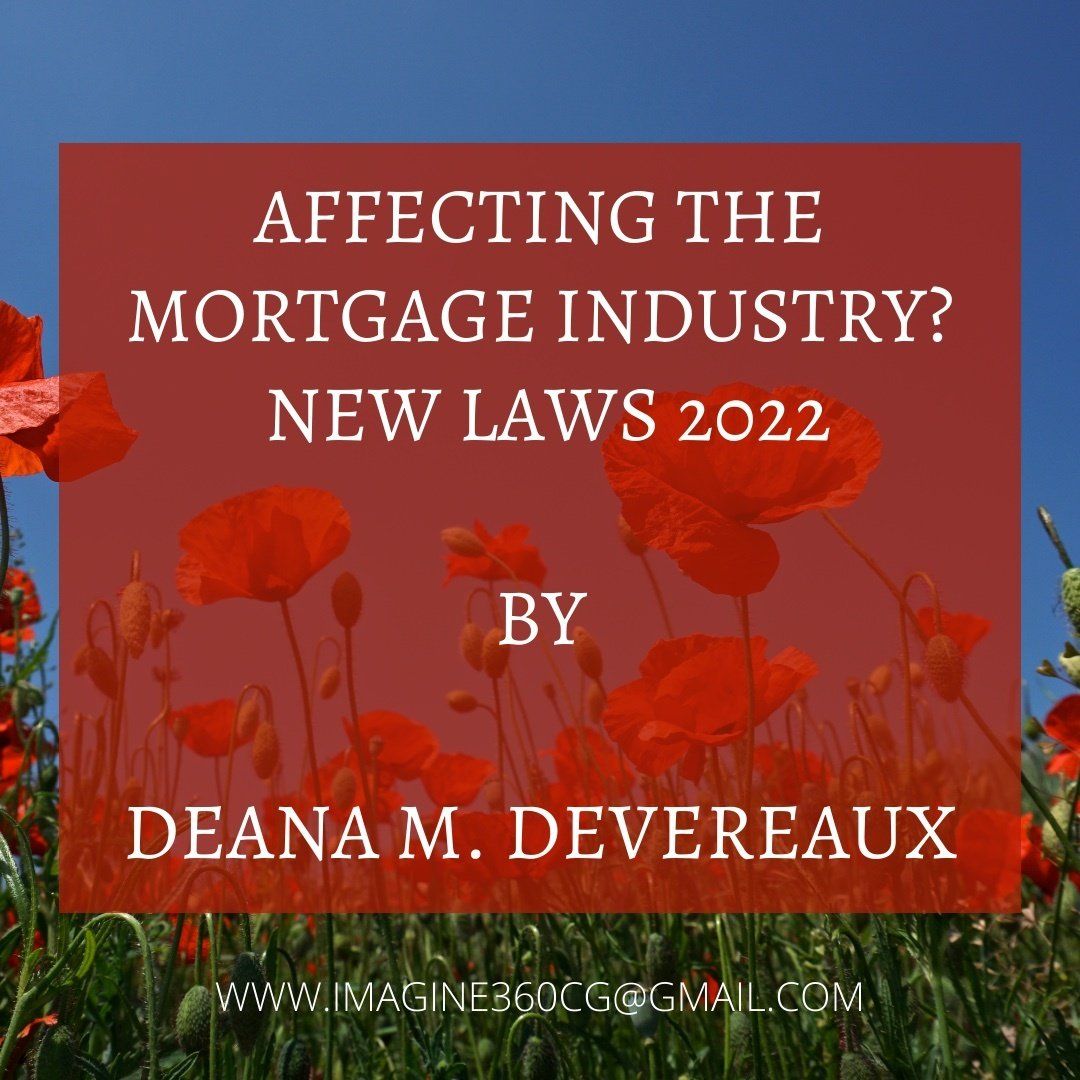REAL ESTATE FIX & FLIP INVESTORS!?
What does a wholesale real estate fix and flip investor (otherwise known as a “flipper”) do?
Below are the details of our 100% Aquisition/ 100% Rehab Program for all Legal Residents of the US, which is GREAT for real estate Investors:
Loan Type: 100% Purchase, 100% Rehab (Tiers vary based on credit)
Who Can Borrow: Qualified Experienced investors, as well as FIRST-time real estate investors. Individuals, sole proprietorships, partnerships, corporations, LLCs, LLPs, and LPs who are citizens of the United States or holders of “Green Cards”.
Min/Max Loan Amount: $50,000 - $1,000,000
Property Types: 1st Lien - Investor 1-20 Unit Non-Owner Occupied Residential, SFR, 50/50 Mixed-Use, Commercial and Modular
Rates: As low as 9.99% Interest Only, payable monthly (rate depends on income documentation type, borrower experience, and credit score)
Terms: Varies per experience - 4 month, 8 month & 12 month options - Extensions Available Up to 6 months
LTV: Up to 65% of ARV (After Repair Value)
Prepayment Penalty: None
Exit Fees: None
Minimum Credit Score: 620 - FICO scores below 620 will need a co-borrower or guarantor with strong credit and financials.
Income Types Accepted: Full Doc, Lite Doc (personal, business <gain on sale>, net rental)
Liquidity: Must have at least closing costs + 6 months reserves (3 Months paid at closing).
No Contractor approval required – DIY acceptable (will still need a Scope of Work & Inspection)
Co-Borrowers/Co-Signors: Accepted! This can strengthen the overall Credit, Income &/or Liquidity Draws unlimited.
States We Can Loan In: Colorado, Connecticut, Delaware, Florida, Georgia, Illinois, Indiana, Kansas, Louisiana, Maine, Maryland, Massachusetts, Missouri, New Hampshire, New Jersey, New York, North Carolina, Pennsylvania, Rhode Island, South Carolina, Tennessee, Virginia, and West Virginia.
*****New York Investors: We do not lend in Queens, Bronx, Brooklyn, Staten Island, or Manhattan.*****
HOW TO QUALIFY - IT IS RELATIVELY EASY!
This is NOT a stated, no questions asked, zero credit scores showing, 100% program. A tri-merge report will be obtained on each Borrower. The credit report must have been obtained within ninety (90) days of loan closing.
Full Doc - Min 620 Credit Score:
• 6 Months Bank, money market or securities account statements - All pages, even if blank
• You can use 60% of the value of 401(k) or IRA plans (1 month required, using the most recent balance)
• Two (2) years (most recent) personal/corporate/partnership tax returns
• Two most recent paystubs
Lite Doc - Min 700 Credit Score, or you will need to go FULL doc:
• 3 Months Bank, money market or securities account statements - All pages, even if blank
• You can use 60% of the value of 401(k) or IRA plans (1 month required, using the most recent balance)
• One (1) years (most recent) personal/corporate/partnership tax returns
• Most recent paystubs
EASY LOAN PROCESS
- Email your scenario over.
- We will pre-approve and price out your loan.
You will complete and return an application along with other required documentation. - Only FIRST-time Borrowers with this program pay a required $250 application fee (not to us as the Correspondent Lender, but to the investors directly). You only have to pay this ONCE. It is never charged again.
- Once your loan is closed, submit draw requests as needed. Your funds will be wired right away.
RESERVES/LIQUIDITY REQUIREMENTS
Borrowers must demonstrate sufficient cash flow to qualify. Various financial information and income sources are analyzed when approving your loan.
You must show a minimum of all closing costs & 6-month interest reserves (3 Months paid at closing)
OUR CUSTOMER DEFINITIONS
New Customer: You have ZERO loans funded within the past 2 years.
Repeat "Premiere" Customer: You are super FAST! You are looking for 4-month term loans, you have 5+ loans with us in the past 2 years, no more than $2M outstanding, and perfect payment history with our loans.
Returning Customers: You have funded/paid off more than 1 loan within the past 2 years. You do not qualify as a Repeat "Premiere" Customer.
GUIDELINES ON ISSUES
Bankruptcy: Cannot be currently in bankruptcy (active). BK must be discharged and closed before closing. Chapter 13 cases filed with the last twelve (12) months and Chapter 7 cases discharged within the last twelve (12) months will be considered on a case by case basis with a satisfactory explanation from the Borrower.
Charge Offs, Collections, Judgements: Charge-off and collection accounts greater than three (3) years old and aggregate amounts less than or equal to $7,500 within the past
three (3) years may be left open. Individual charge-offs, repossessions, collections, and judgments over $1,000 within the past three (3) years must be satisfactorily explained. Exceptions will be considered on a case by case basis. Charge offs, collection accounts and judgments that affect title must be paid before closing or from the loan proceeds.
Foreclosure: We will not lend on any property currently in foreclosure unless it is fully satisfied that the transaction is arm's length. Exceptions will be made on a case by case basis.
Borrowers with foreclosure activity with the past twenty-four (24) months will be considered on a case by case basis
Condominium Eligibility: If the property is part of a condominium association, you will need to obtain a condominium questionnaire and insurance certificate from the condominium association to ensure that it meets eligibility criteria.
Email your scenarios NOW!
CHECK OUT SOME OF OUR RECENT BLOG POSTS





